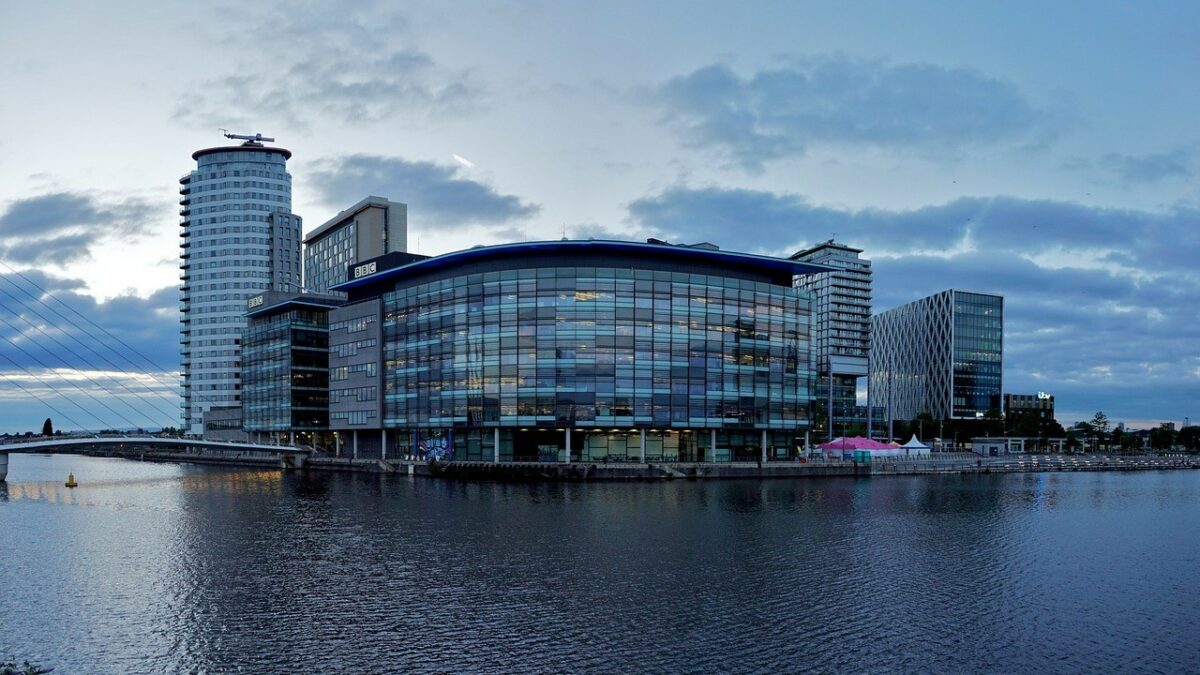
Introduction to Immigration Detention
October 10, 2024
Unspoken discrimination of disabled in the legal profession
October 13, 2024The Supreme Court handed down judgment on 2nd July 2024.
Background:
In a dispute that goes as far back as 2010, The Manchester Ship Canal Company Ltd (the “MSCC”), who owned the beds and banks of the Manchester Ship canal, wished to sue United Utilities Water Ltd (“UU”), the statutory sewerage undertaker in North-West England. The dispute concerned the pollution of the canal, which was the result of discharges of foul water. The discharges occurred when the hydraulic capacity of UU’s system was exceeded.
UU claimed that the MSCC had no right of action to bring a claim of nuisance and trespass against it on the basis that it was contrary to the Water Industry Act 1991 (hereafter “the 1991 Act”). Previous litigation in relation to the canal had concerned whether the sewerage undertaker was entitled under the 1991 Act to discharge surface water and treated effluent into private watercourses without the consent of the owners. In Manchester Ship Canal Co Ltd v United Utilities Water Plc [2014] UKSC 40, the Supreme Court found that the sewerage undertaker was indeed entitled to discharge into the canals from any sewer outfall which were in use before 1 December 1991, but that there was no general implied right of discharge without the agreement of the owner.
In 2019, the canal was at the centre of another case before the Supreme Court: Manchester Ship Canal Co Ltd v Vauxhall Motors Ltd (formerly General Motors UK Ltd) [2019] UKSC 46. Here, the case concerned whether relief from forfeiture could be granted in relation to a licence to discharge surface water and effluent into the canal. The Supreme Court decided that relief could be granted.
Relevant Law:
Central to this dispute was the 1991 Act which delineates the principal powers and duties of water and sewerage companies. The question before the Supreme Court was whether the provisions of the 1991 Act excluded the common law right of the riparian owners to preserve the water quality. The relevant case law in this area included Marcic v Thames Water Utilities Ltd [2003] UKHL 66. It was believed that this case established that claims of trespass and nuisance were prohibited against sewerage undertakers by the existence of the statutory scheme under the 1991 Act.
Proceedings:
Both parties agreed that the 1991 Act did not authorise UU to discharge any untreated sewage into the canal. However, UU argued that the 1991 Act prevented any private law claims by the MSCC due to the statutory enforcement mechanism in the 1991 Act. The High Court and Court of Appeal agreed with UU and suggested that the 1991 Act prohibited a riparian owner from bringing a claim in nuisance or trespass for discharges where there was no fault by the sewerage undertaker.
The position of the Court of Appeal was clear. Marcic had established that ([2022] EWCA Civ 852, [45]): “no action in nuisance lay because of Thames’ special position as a sewerage undertaker, and because it would undermine the statutory scheme applicable to the enforcement of sewerage undertakers’ duties in relation to sewage if such an action could be brought”.
Judgment:
The Supreme Court made the following determinations:
- The riparian owner has a right of property in the watercourse and this included a right to preserve the water quality [108].
- The discharge of polluting effluent in a privately-owned “[…] is an actionable nuisance at common law if the pollution is such as to interfere with the use or enjoyment of the relevant property” [109].
- “The 1991 Act does not authorise sewerage undertakers to cause a nuisance or to trespass by discharging untreated effluent into watercourses” [111].
- “…Parliament will not be taken to have intended that powers should be exercised, or duties performed, in a way which causes an interference with private rights where such an interference could have been avoided” [18], as stated in Manchester Corporation v Farnworth [1930] AC 171, 183.
- “The discharge of untreated effluent […] cannot be taken to be the inevitable consequence of the performance of the powers and duties imposed on sewerage undertakers by the Act…” [113].
- The 1991 Act did not include any “[…] express or implied ouster of all common law causes of action and remedies [133].
It was made clear in the judgment that Marcic was not overruled but was rather distinguished from the present case on the basis that Marcic concerned the failure to construct a new sewer and not discharge of polluting effluent into watercourses [135]-[136]. Thus, Marcic remains good law but only in relation to an “escape of sewage” [90] and does not apply to intentional discharges into watercourses.
The Supreme Court also ruled that Dobson v Thames Water Utilities Ltd [2007] EWHC 2021 (TCC) is no longer good law [93]-[96].
Commentary:
It is now clear that a riparian owner will have a right of action in private nuisance against a water company for discharge of foul water into the relevant watercourse, without any need to show that the water company was negligent or committed their wrongdoing deliberately.
The Supreme Court’s decision may now also allow for subsequent group litigation against sewerage undertakers for discharging untreated sewage into watercourses. These sewerage undertakers may now be liable in damages for any such discharges.
The likelihood of further litigation is also strengthened due to the recent media attention around sewage pollution by water companies. In March, The Guardian reported that data had shown that raw sewage had been discharged for more than 3.6m hours into seas and rivers in 2023 which was a 105% increase on the previous year. This coincided with the report of The Angling Trust, the UK’s largest citizen science water testing community which found that 83% of English rivers showed indications of high levels of sewage and agricultural waste. Thus, this decision arrives at a time of increased interest in the pollution of our watercourses which may lead to future claims. In fact, the permission given to the Environmental Law Foundation to make submissions as an intervener ([4]) shows that the Supreme Court recognised the significance of the case.
Nicholas Gillyon





